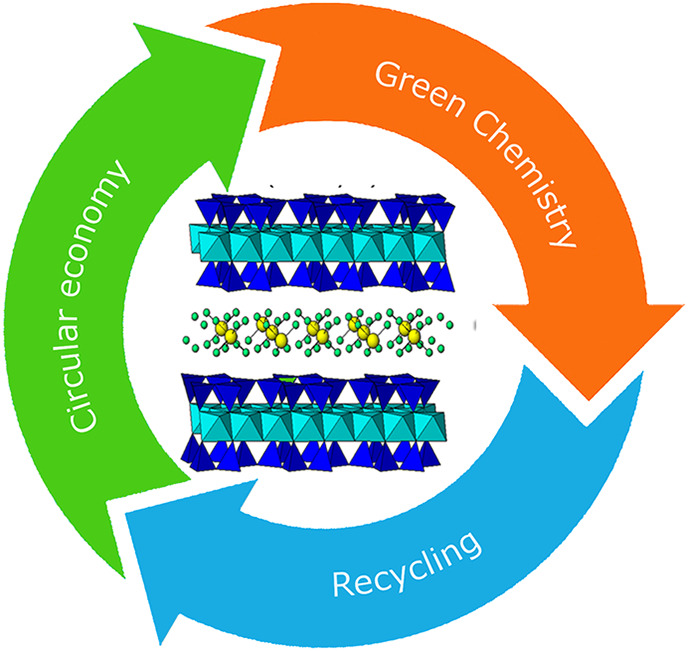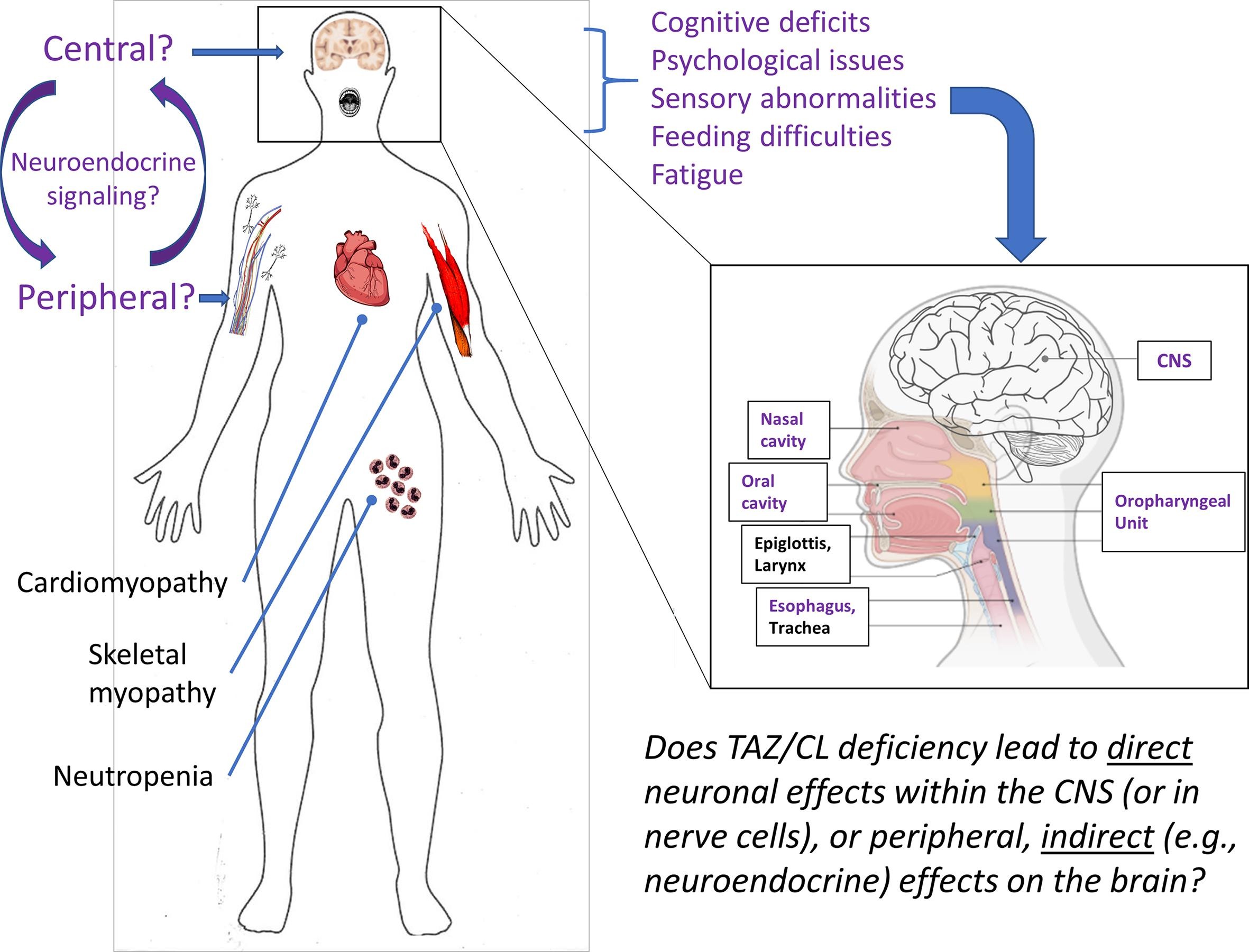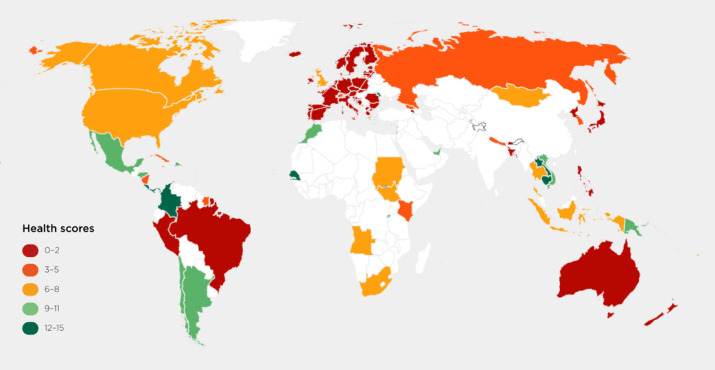Major challenges faced by the human population in recent times include population increase, resource depletion and deterioration of environmental quality. The scarcity of food for the rising population is a critical issue faced by the world in wake of the unpredicted change in climatic conditions. The aquaculture industry plays an important role in solving global food scarcity. It is projected that the share of fish for human consumption originating from aquaculture is projected to increase from 52% (average for the period 2016–2018) to 58% in 2028.
Applied Clay Science, Volume 214, 15 November 2021
Mitochondrion, Volume 61, November 2021



